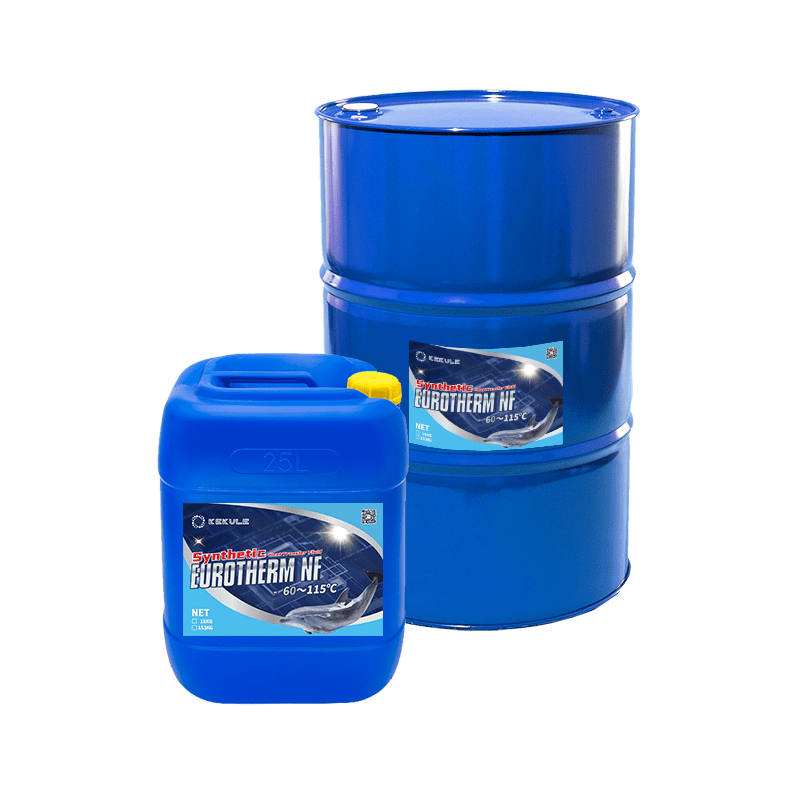Just How Heat Transfer Fluid Influences the Performance of HVAC Systems
Just How Heat Transfer Fluid Influences the Performance of HVAC Systems
Blog Article
How Warm Transfer Liquid Adds to Sustainable and Affordable Workflow
In the modern-day industrial landscape, the duty of warmth transfer liquids (HTFs) in advertising lasting and affordable procedures can not be overstated. These liquids are essential in enhancing thermal administration systems, consequently significantly boosting energy effectiveness and decreasing functional costs. heat transfer fluid. The ecological advantages of advanced HTFs, with their high thermal stability and low toxicity, are undeniable.
Comprehending Warmth Transfer Liquids
In the world of thermal management, heat transfer fluids (HTFs) serve as crucial agents for transferring thermal energy from one location to one more. These fluids play an essential function in different industrial applications, consisting of chemical handling, power generation, and HVAC systems.
The make-up of warm transfer fluids can differ substantially, consisting of choices such as mineral oils, artificial oils, glycols, and molten salts. Each type provides distinctive advantages, such as boosted thermal security, reduced viscosity, and high boiling points, which are chosen based upon particular functional demands. In addition, the choice of HTF impacts not just the efficiency of heat transfer however additionally the longevity and safety and security of the system in which it is employed.
As sectors continue to innovate, the growth of innovative HTFs, characterized by their improved thermal conductivity and decreased ecological influence, is essential for fulfilling the demands of contemporary thermal monitoring obstacles.

Enhancing Energy Efficiency

Improving power effectiveness has actually ended up being a vital problem across different markets, triggering a better evaluation of heat transfer fluids' duty in optimizing thermal administration systems. These liquids are indispensable to keeping the preferred temperature level in processes, thereby minimizing power waste and boosting general system effectiveness. By picking a suitable warm transfer liquid, markets can significantly boost their energy performance, leading to lowered power usage.

Advanced formulations of warm transfer liquids have actually been developed to endure severe temperature levels while maintaining stability and effectiveness. Boosting power efficiency with optimum warmth transfer fluid selection is not only a technical requirement but additionally an environmental necessary.
Reducing Operational Costs
Functional prices are a significant factor to consider for industries seeking to preserve affordable advantage, and the choice of warmth transfer fluid plays a critical function in price management. Picking a proper heat transfer liquid can result in substantial expense financial savings by improving system performance and reducing power consumption. High-performance fluids decrease thermal deterioration, which Learn More Here subsequently reduces the regularity of fluid replacement and downtime connected with maintenance, consequently reducing functional costs.
Moreover, warmth transfer liquids with premium thermal stability and corrosion resistance extend the life expectancy of equipment. This reduces the demand for regular repair services and substitutes, which can be expensive and disruptive to procedures. By buying premium liquids, sectors can achieve lasting reductions in maintenance prices and improve the integrity of their systems.
Furthermore, advanced heat transfer liquids frequently exhibit lower thickness at operating temperature levels, which you could look here improves pump efficiency and minimizes power usage in fluid flow. Numerous modern-day warmth transfer fluids are crafted to run successfully over a large temperature level range, minimizing the demand for multiple fluid types, therefore streamlining stock demands and reducing connected costs.
Environmental Effect Decrease
The press towards lowering environmental impact has actually acquired energy in markets leveraging warm transfer fluids. Warmth transfer fluids (HTFs) play a vital role in this shift, supplying possibilities to boost power performance and minimize emissions - heat transfer fluid.
In addition, the usage of sophisticated heat transfer liquids adds to enhanced system performance, reducing the total power consumption. This decrease not just causes price savings but likewise decreases carbon dioxide exhausts, helping in the fight versus environment modification. Fluids that are eco-friendly and recyclable further boost sustainability initiatives, as they lessen waste and promote round economy methods.
Additionally, integrating HTFs into closed-loop systems prevents fluid loss Web Site and contamination of the surrounding atmosphere. This method makes sure that liquids are reused, reducing the need for brand-new sources and limiting waste generation. By accepting these environmentally aware strategies, industries can substantially diminish their ecological influence while preserving high functional performance, aligning with worldwide sustainability goals and regulative demands.
Choosing the Right HTF
Picking the proper warm transfer liquid (HTF) is an important step in advancing environmental sustainability within commercial processes - heat transfer fluid. An optimal HTF needs to possess a high thermal capability, low thickness, and high thermal conductivity to make certain effective warm transfer.
This ensures long life and reduces maintenance expenses. The fluid ought to be non-toxic and naturally degradable, reducing its eco-friendly footprint and making certain compliance with ecological guidelines.
Final Thought

Report this page